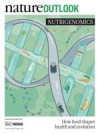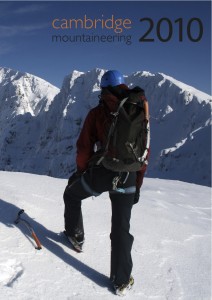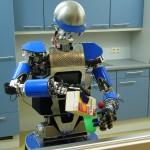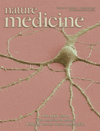 José Ordovas sips a mint tea in a languid café in Madrid, Spain. His eyes scan two mobile phones as he confirms his next appointments. In conversation, he switches effortlessly between Spanish and English to find the right expressions. If the geneticist seems to be moving on a different wavelength from the other patrons, he could blame it on the jet lag: he has just flown from Boston where it’s now 5am. This is his third overseas trip this month, but Ordovas contends his frequent visits from Tufts University, where he’s based, to Europe have no adverse effects. “For me the time difference doesn’t matter, I’m up at 4am to make calls to Europe when I’m home anyway, and then I’m up late on calls to California,” he says.
José Ordovas sips a mint tea in a languid café in Madrid, Spain. His eyes scan two mobile phones as he confirms his next appointments. In conversation, he switches effortlessly between Spanish and English to find the right expressions. If the geneticist seems to be moving on a different wavelength from the other patrons, he could blame it on the jet lag: he has just flown from Boston where it’s now 5am. This is his third overseas trip this month, but Ordovas contends his frequent visits from Tufts University, where he’s based, to Europe have no adverse effects. “For me the time difference doesn’t matter, I’m up at 4am to make calls to Europe when I’m home anyway, and then I’m up late on calls to California,” he says.
Ordovas embodies the hustle and bustle of the ‘big science’ approach that has changed nutrition research in the past decade. This field, once confined to small groups of researchers studying the effects of single nutrients — such as particular vitamins or proteins — on a few dozen volunteers, is now adopting the heavy-lifting tools developed for genetics and pharmaceutical research. It also has a catchy name: nutrigenomics. And the more that researchers learn how our genes interact with our diet, the more they appreciate the deeper insight gained by an interdisciplinary approach. Such knowledge could lead to breakthroughs in our understanding of risk factors for diabetes and cardiovascular disease or, for example, improve the design of weight-loss diets.




 500 million ($690 million), about a quarter of his estate, to establish a foundation for applied biomedical research. He also surprised law professor and one-time Portuguese Health Minister Leonor Beleza, whom he named to lead the foundation. Beleza, who met Champalimaud just once, agreed in principle to run his proposed foundation during a phone call in 2000 but did not hear any further until his death. She has now returned from a global tour of medical research institutions and foundations lasting over a year to determine how best to spend Champalimaud’s millions.
500 million ($690 million), about a quarter of his estate, to establish a foundation for applied biomedical research. He also surprised law professor and one-time Portuguese Health Minister Leonor Beleza, whom he named to lead the foundation. Beleza, who met Champalimaud just once, agreed in principle to run his proposed foundation during a phone call in 2000 but did not hear any further until his death. She has now returned from a global tour of medical research institutions and foundations lasting over a year to determine how best to spend Champalimaud’s millions.